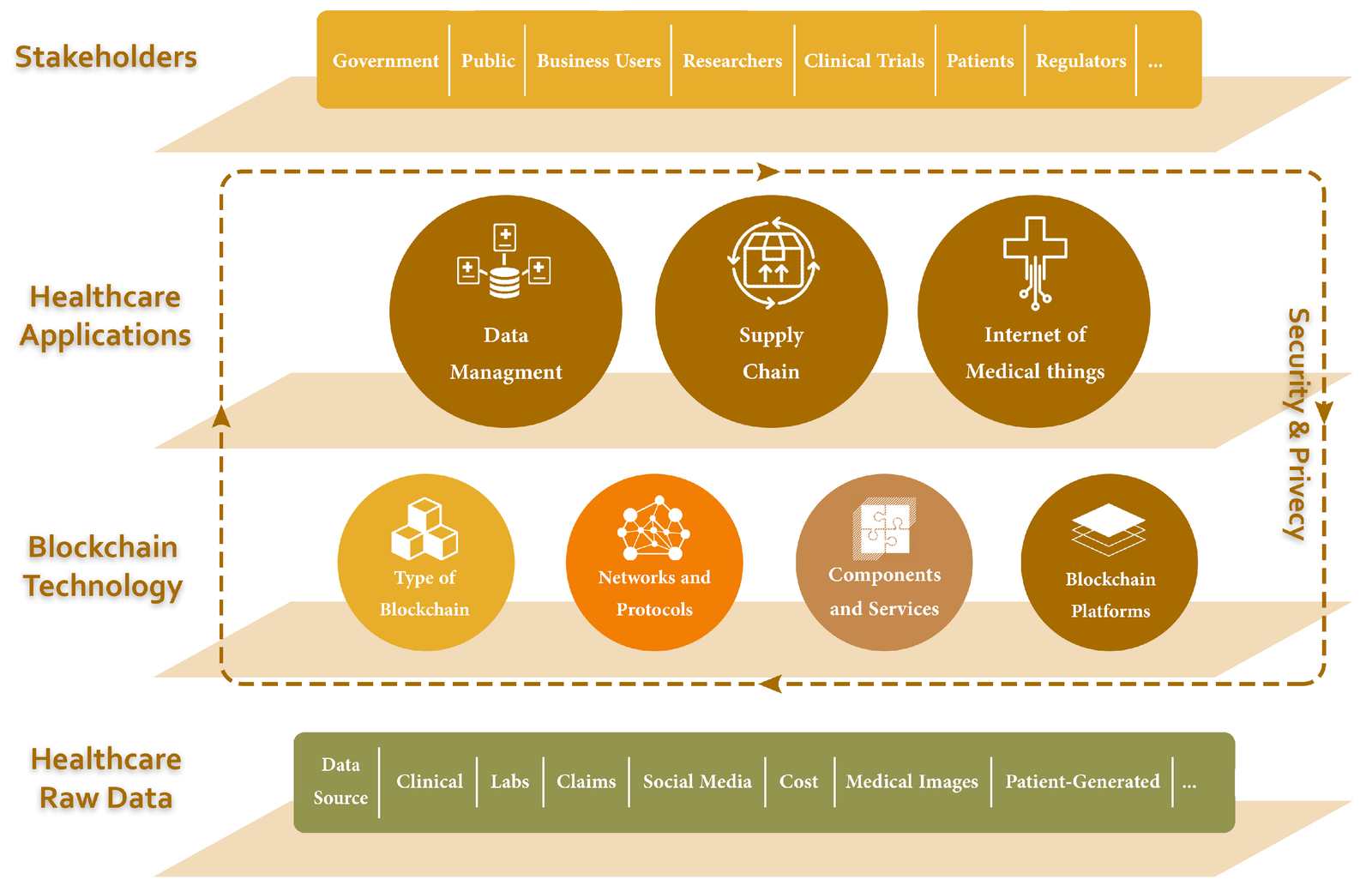In the digital age, securing personal and sensitive information has become a top priority, especially in the healthcare industry. Here, data security isn’t just about privacy; it’s also about safeguarding life-saving information. This is where blockchain technology comes into play.
Let’s explore how blockchain is being used to enhance the security of healthcare data, breaking it down into simple terms.
Understanding Blockchain
Blockchain is often associated with cryptocurrencies like Bitcoin, but its utility goes far beyond just financial transactions. At its core, blockchain is a system that records information in a way that makes it difficult or impossible to change or hack. It’s like a digital ledger of transactions that is duplicated and distributed across the entire network of computer systems on the blockchain.
Enhancing Data Security in Healthcare
1. Decentralization: Unlike traditional record-keeping systems, blockchain is decentralized. This means there’s no single point of failure. Each transaction or data entry is recorded across multiple locations simultaneously. If a hacker tries to alter information at one point, they would need to change it at all points simultaneously, which is incredibly difficult.
2. Traceability and Transparency: Each transaction on a blockchain is timestamped and linked to the previous one. This traceability ensures that any changes to the data can be easily tracked and verified, adding an extra layer of security and transparency. This is crucial in healthcare, where tracking data origins (like the source of a medical record or the authenticity of a prescription) is essential.
3. Enhanced Privacy: Blockchain can also help protect patient privacy. Through cryptographic techniques, sensitive data can be anonymized; only specific individuals with the right decryption keys can access the information. This means personal data can be kept confidential while still being usable for research or treatment purposes.
4. Improved Data Sharing: Blockchain facilitates a secure environment for sharing data between authorized parties. In healthcare, this is particularly useful for managing electronic health records (EHRs) that need to be accessed by various healthcare providers, ensuring that data isn’t altered or tampered with during transfers.
Real-World Applications
Several projects and institutions are already exploring blockchain’s potential in healthcare:
- Clinical Trials: Blockchain is being used to ensure the integrity of data in clinical trials, making sure results are accurate and have not been tampered with.
- Drug Supply Chain: To combat counterfeit drugs, blockchain helps in tracking pharmaceuticals from the manufacturer to the pharmacy, ensuring that patients receive genuine medications.
Challenges and Considerations
While blockchain offers many benefits, there are challenges to overcome. These include the technology’s complexity, the cost of implementation, and the need for a regulatory framework that understands and supports blockchain operations within healthcare.
Conclusion
Blockchain technology holds significant promise for enhancing data security in the healthcare sector. By offering a decentralized, transparent, and secure system, it can help protect sensitive data, increase the efficiency of operations, and improve patient outcomes. As the technology matures and more organizations adopt it, blockchain could become a cornerstone of how health data is handled across the globe, making healthcare safer and more reliable for everyone.
